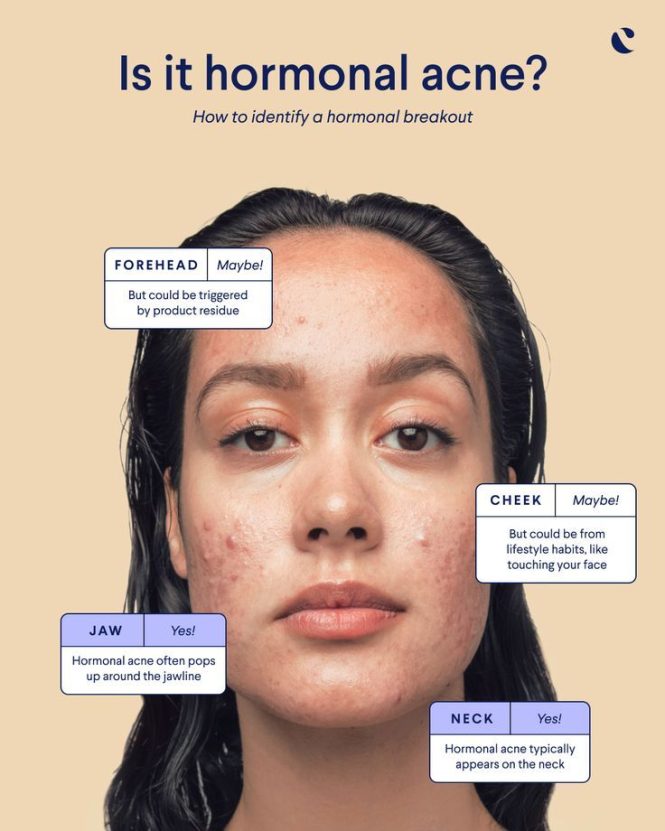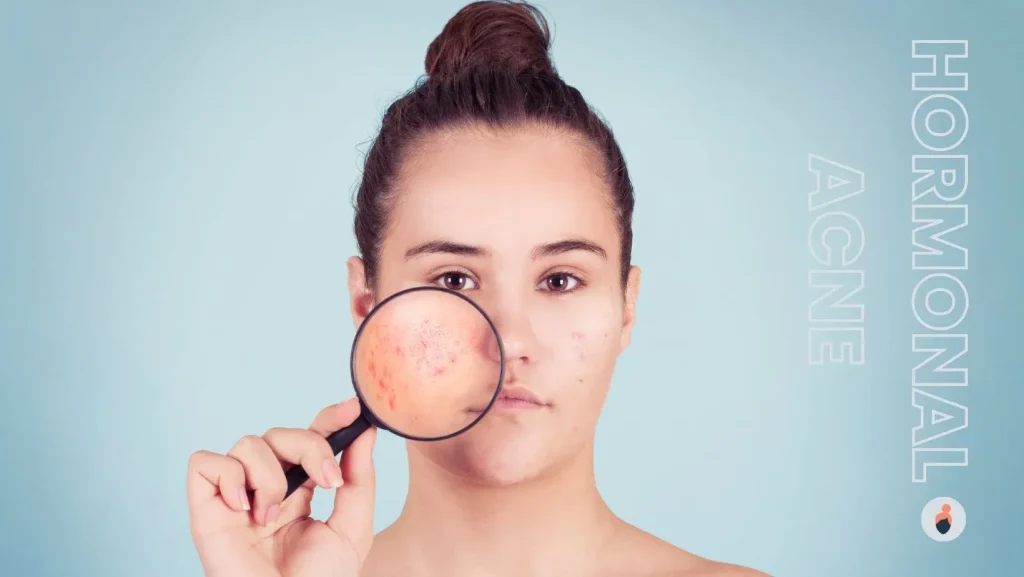

Teenage skin troubles are a common and often distressing experience. Hormonal fluctuations and the changes occurring during adolescence frequently lead to breakouts, blemishes, and other skin concerns, impacting a teenager’s self-esteem and overall well-being. This guide is designed to provide a comprehensive overview of teenage skin issues, particularly focusing on the management of acne and hormonal changes. We’ll delve into various aspects, from understanding the underlying causes to adopting effective skincare strategies. We’ll also look at the role of nutrition and lifestyle factors. This detailed guide will provide you with practical steps to help alleviate teenage skin troubles and promote healthy, glowing skin.
Understanding the Root Causes of Teenage Skin Issues
Hormonal Imbalances
Teenage years are marked by significant hormonal shifts. The surge in androgens, such as testosterone, triggers increased sebum production. This excess oil clogs pores, leading to breakouts. Fluctuations in hormones affect sebum production, resulting in acne breakouts in some teens. Understanding these shifts is the first step in effective acne management.
Lifestyle Factors
Diet plays a crucial role in overall health and can impact skin conditions. Poor dietary habits, including excessive consumption of sugary foods and processed snacks, can contribute to acne development. Lack of adequate sleep is another crucial factor that contributes to teenage skin issues. Stress levels also directly influence skin health and can contribute to breakouts. Poor sleep habits can make the condition worse by affecting the body’s natural restorative processes.
Skin Care Habits
Improper skincare routines are a common culprit in worsening teenage skin troubles. The use of harsh products or inappropriate techniques can irritate the skin, potentially causing additional breakouts.
Creating a Healthy Skincare Routine
Choosing the Right Products
Selecting suitable skincare products is crucial. Look for products formulated for oily or acne-prone skin. These products are typically non-comedogenic, meaning they won’t clog pores, and use gentle ingredients.
Cleanse Gently and Effectively
Use a mild cleanser to remove dirt, excess oil, and makeup without stripping the skin’s natural oils. Wash your face twice daily, focusing on gentle circular motions. Ensure that you have the correct face wash and moisturizers, and avoid harsh scrubbing or harsh chemical peels.
Incorporate Moisturizer
Moisturizers hydrate the skin, thus preventing dryness and flakiness which are sometimes causes of skin issues. Moisturizers prevent the skin from drying out, which might in some cases lead to more sebum production in an attempt to replace moisture loss.
Dietary and Lifestyle Adjustments
Balanced Diet
Maintaining a balanced diet rich in fruits, vegetables, and whole grains can positively influence skin health. Minimizing sugary drinks and processed foods can significantly impact acne breakouts.
Adequate Hydration
Drinking plenty of water throughout the day helps flush out toxins and maintain skin hydration. Adequate hydration supports skin health and overall bodily functions.
Stress Management Techniques
Stress can trigger hormonal imbalances, leading to increased acne breakouts. Practicing relaxation techniques, such as yoga, meditation, or deep breathing exercises, can help manage stress levels and promote healthier skin.
Professional Consultation and Treatments
Dermatologist’s Role
If teenage skin troubles persist despite implementing lifestyle and skincare changes, consulting a dermatologist is advisable. Dermatologists can identify underlying causes and recommend appropriate treatments, including topical medications and professional treatments.
Preventing Future Breakouts
Consistent Skincare Routine
Adhering to a consistent skincare routine is crucial for maintaining healthy skin. Avoid touching your face frequently and washing your pillowcases regularly.
Additional Tips for Managing Teenage Skin
Building Confidence
Building self-confidence is crucial for teenagers dealing with skin issues. Encouraging a positive body image and emphasizing that healthy skin is not the only measure of beauty can help them feel better about themselves.
The Importance of Seeking Professional Advice
Dermatologist Consultation
In cases where the acne is severe or persistent despite home remedies, seeking professional advice from a dermatologist is highly recommended. A dermatologist can provide accurate diagnoses, recommend suitable treatments, and guide you towards sustainable solutions.
Frequently Asked Questions
What are the most common causes of teenage acne?
Teenage acne is often a combination of factors, including hormonal fluctuations, increased sebum production, clogged pores, and genetic predisposition. Lifestyle choices, such as diet and stress levels, can also exacerbate these issues. Understanding these underlying causes is essential to managing acne effectively. If you’re dealing with acne, understanding the factors contributing to your situation is essential to finding the right solutions.
What are some natural remedies for acne?
While some natural remedies might offer temporary relief, a well-rounded approach including consistent skincare and lifestyle changes are more effective in the long term. Some natural remedies include applying tea tree oil or using a honey mask. However, these are not scientifically proven to solve the underlying problem of acne. Consulting a dermatologist is highly recommended if you are struggling with acne for long periods.
In conclusion, navigating teenage skin troubles requires a multifaceted approach. Understanding hormonal changes, adopting healthy skincare routines, and seeking professional advice are crucial steps in managing acne and achieving healthy skin. Remember, consistency is key; don’t get discouraged by setbacks. Consult a dermatologist if you’re experiencing persistent or severe acne. With the right knowledge and dedication, teenagers can effectively manage their skin concerns and foster confidence. Take the next step today and embrace clear, healthy skin.